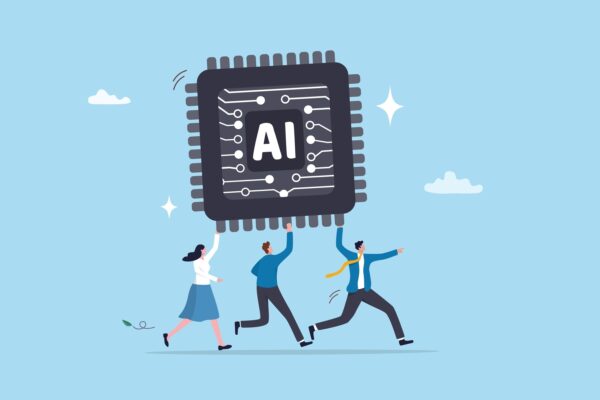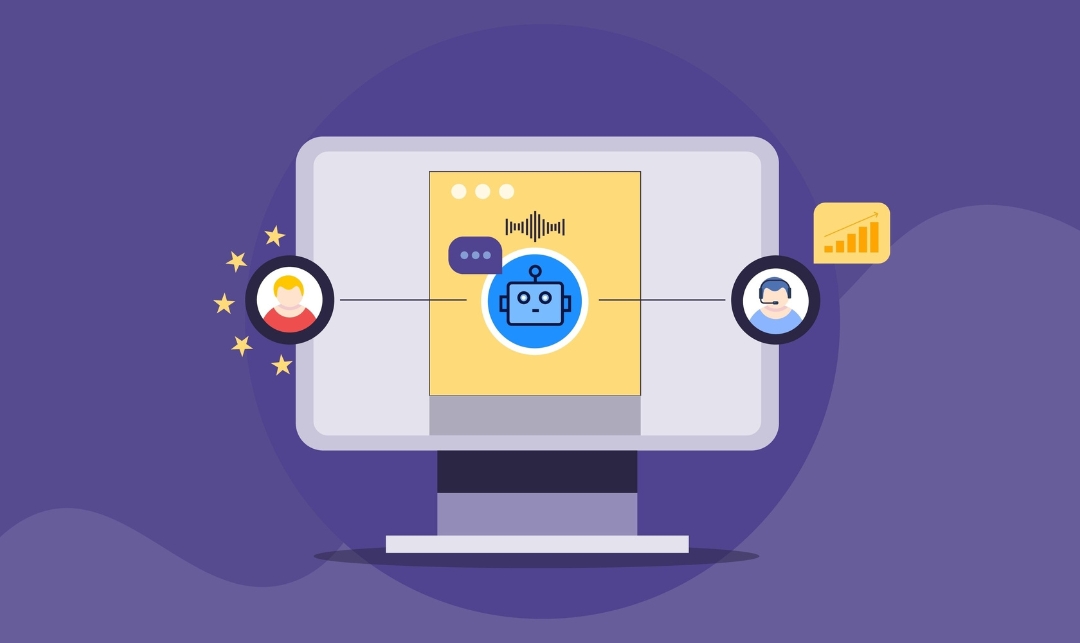In the rapidly evolving landscape of technology, agentic artificial intelligence (AI) stands out as a significant area of interest for businesses across various industries, and it is important for companies to get a handle on what it means for them. Unlike generative AI systems that operate based on predefined rules and data inputs, agentic AI can think and act on its own, making decisions and learning from its experiences. This is an exciting development, but it also comes with its own set of challenges and considerations. Let’s dive into five key things every business should know about agentic AI right now.

UNDERSTANDING AGENTIC AI: WHAT IT IS AND WHAT IT ISN’T
First off, let’s break down what agentic AI really is. Think of it as a smart assistant that doesn’t just follow instructions but can actually make decisions, take actions and adapt to new information, often simulating human-like reasoning and adaptability. These systems are not just reactive — they can anticipate needs, develop strategies, and evolve based on new information. For example, agentic AI in customer service could analyze user interactions to predict future inquiries and proactively address common issues, thereby enhancing customer satisfaction with better and faster answers.
It is a tool that combines a top-notch data analyst with an extremely responsive, type-A personal assistant.
Traditional generative AI operates within defined parameters, relying heavily on historical data and programmed algorithms. Based on the data used to program the model, it will attempt to predict the desired response. In contrast, agentic AI can modify its behavior based on real-time feedback and environmental changes. It reacts to what’s happening around it. This makes it particularly useful for businesses that need to adapt quickly to changing environments.

THE IMPLICATIONS FOR DECISION-MAKING
One of the most useful attributes of agentic AI is its ability to enhance decision-making. These systems can sift through mountains of data to find insights that might be missed by human analysts. For instance, in finance, agentic AI could consider market trends, economic indicators, and consumer behavior to suggest the best investment opportunities. In media, agentic AI could assess a given customer’s viewing patterns and practices to recommend the best way to market new programs and services to this customer.
But here’s a word of caution: While AI can provide valuable insights, it’s crucial not to rely on it too heavily. Companies should always have a human touch in the decision-making process to ensure choices align with the organization’s values and ethics. For example, if an AI system suggests cutting costs that could hurt employee morale, that’s a sign to step in.
ETHICS AND ACCOUNTABILITY
As businesses start to integrate agentic AI, ethics take center stage. Questions about bias in decision-making, responsibility for AI actions, and transparency come into play. Companies need to set ethical guidelines to ensure their AI systems are fair and responsible.
Creating a clear accountability framework is essential. Companies should determine who is responsible when AI systems make decisions. This goes beyond just the tech developers — business leaders also need to be involved. For example, if agentic AI makes a biased hiring decision, the organization must be ready to address and correct that issue.
THE NEED FOR DATA GOVERNANCE
The aphorism “garbage in – garbage out” has never been more applicable than when talking about AI. For agentic AI to work its magic, it needs high-quality data. Companies must prioritize data governance to make sure the data fed into these systems is accurate, relevant and unbiased. This means having solid protocols for how data is collected, stored, and managed.
Consider a healthcare provider implementing an agentic AI system to analyze patient data for treatment recommendations. If the underlying data is incomplete, inaccurate or biased, the AI’s recommendations could lead to poor patient advice. So, investing in robust data governance practices is not just a technical necessity – it is a critical aspect of responsible AI deployment.

THE FUTURE OF WORK AND COLLABORATION
The introduction of agentic AI will inevitably change the way we work. While these systems can automate routine tasks, they also have the potential to augment human capabilities, leading to more strategic and creative roles for employees. Companies need to prepare for this transition by investing in training and development programs that help employees work effectively alongside AI.
Rather than fearing agentic AI as something that will take their jobs, employees should be encouraged to view it as assisting them to work more efficiently.
Encouraging a culture of collaboration between humans and AI can spark innovation. For example, an AI system may analyze market trends and provide insights, while human employees can use their creativity and emotional intelligence to craft effective marketing campaigns from those trends and insights. Companies that embrace this symbiotic relationship will likely gain a competitive edge.
CONCLUSION
Agentic AI has the potential to revolutionize how companies operate and make decisions. By understanding what agentic AI is, recognizing its impact on decision-making, addressing ethical concerns, ensuring strong data governance, and fostering collaboration between humans and AI, businesses can harness this technology effectively.
As AI continues to evolve, staying informed and adaptable will be crucial for companies looking to thrive in this new landscape. By embracing these changes thoughtfully, organizations can achieve greater efficiency, make better decisions, and ultimately find success in an increasingly competitive world.
Any sort of change is hard – it takes time, money and a willingness to adapt. Agentic AI is here and the proverbial train is leaving the station with you or without you. If your business is not adapting, then it will only be a matter of time before you are surpassed by your competitors. Time to climb aboard.
Rob Rosenberg, Principal and Founder of Telluride Legal Strategies, is an independent legal and strategy consultant and expert witness. He is a thought leader and a problem solver working at the intersection of law, media and technology with a strong interest in solving issues introduced by artificial intelligence in business. Rob spent 22 years at Showtime Networks in various legal and business roles, most recently as Executive Vice President, General Counsel and Assistant Secretary. He now consults with companies of all sizes on legal and business strategies. Rob can be reached at rob@telluridelegalstrategies.com.













































